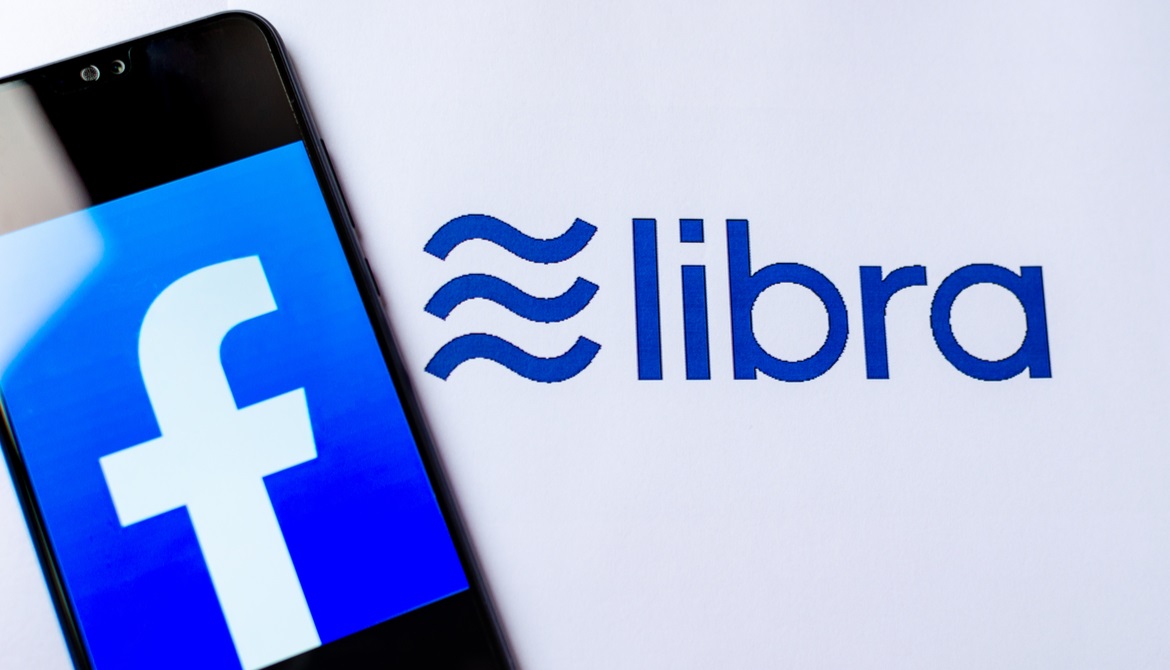5 minutes
What should credit unions worry—and do—about this new “stable coin”?
Facebook recently released the details of the 2020 launch of its Libra cryptocurrency. The news sent ripples across all industries, but no sector felt the shockwaves more than financial services.
For years, we have been discussing the ever-increasing threats fintech poses to traditional financial services. However, this announcement marks the most universally significant threat to date. While Libra may not mark the end of the financial industry as we know it, it stands as a solemn reminder that the world is changing; with it, peoples’ expectations of banking are changing.
I hope this momentous announcement generates the urgency credit unions require to drive forward their own digital transformation and innovation. This article will strive to describe what you need to know and do about Libra.
Libra Basics
Libra is a cryptocurrency that enables users to buy things and send money with almost zero fees. Users will be able to buy merchandise online and in stores and cash out at exchange points, such as a grocery store. Libra also will integrate with WhatsApp and Facebook Messenger for simple peer-to-peer payments.
Surprisingly, Libra focuses on delivering data privacy due, in part, to the fact that Facebook is not in control of Libra. It is simply one voice among many that will have a vote. The current list of 28 founding members include trusted brands like Visa, PayPal, Uber, Spotify and eBay.
Libra also has a keen eye on the largest market opportunity: the worldwide unbanked and small businesses. The platform will offer billions of individuals worldwide the ability to have banking services. Small businesses will have access to no-fee payment and reward options. New marketplaces will open for individuals that don’t exist today.
Unlike most cryptocurrencies, Libra is financially backed, and therefore known as a “stable coin.” The currency leverages deposits and short-term securities to back its assets to ensure it remains stable. The coin is also held and managed by the Libra reserve, which holds an equivalent one-for-one value. If someone cashes out a dollar, the equivalent Libra currency is destroyed. Beyond that, the founding members represent strong and stable companies. Each member company must have a $1 billion market value and must reach 20 million people per year.
What Should Concern Credit Unions
- Breadth: Libra is built on the backs of the huge Facebook network with 2.38 billion users, 90 million small businesses and 7 million advertisers.
- Influence: The founding members represent a successful payment cards and technology innovators and investors.
- Support: The financial backing and support of this movement will be difficult to surpass.
- Innovation: The team has already responded to many of the current issues with worldwide currencies—and has the chops to keep innovating.
- Open-Source: The team has tapped into the open-source movement and is allowing its blockchain to be leveraged by others. This will allow a technology ecosystem of innovation outside of Libra as well as rapid penetration and new ideas.
- Infrastructure: This infrastructure is being built with technical requirements for all founding members to provide Libra with infrastructure it needs to have unmatched performance.
- Market: The team has a captive worldwide audience of under- and un-banked individuals. It is offering incentives to small and large business and serving underserved markets that represent enormous volumes. Libra members will earn credit for helping those in need.
Thankfully for credit unions and financial services, Libra will not be everything to everyone. It is a strong competitor and should motivate action. However, the jury is far from out on the future success of Libra. While the founding members have made a good start, significant hills remain to be climbed.
What Should Concern Libra
- Execution: While the marketing materials and announcements sound wonderful, the platform still needs to be built and executed.
- Trust: While they have taken some unexpected steps toward privacy, Facebook has a sordid history and is far from a trusted brand.
- Competition: While this is a strong start, past tech innovation has shown us that copycats will quickly jump in. Libra will help show others what resonates, what is cool and what is not working.
- Regulation: Worldwide governments will have time contemplate how to regulate this platform on multiple fronts. Privacy, trade, currency and many other items will be open for new regulatory restrictions.
- Cybersecurity: I can think of no bigger target for future hackers than this network. Even with the best security measures, nothing is hack-proof. A single breach could completely erode all trust.
- Relationships: While the unbanked may be willing to take risks with financial services, many banked people will not see the benefit or return in making the leap to Libra. Current relationships can be protected.
Now What
Libra just sent a message to all of financial services. Thankfully, you still have time to react. Credit unions who heed this warning and act expeditiously, can take advantage of this market disruption. While not everyone will bank with Libra, users’ perceptions will change. The experiences that Libra will demonstrate will become the norm.
Tomorrow, go into your credit union and act with due urgency. Take this as an opportunity to begin your transformation. The industry is ripe for disruption and, while Facebook may have some advantages, credit unions have many advantages as well. The most important advantage being the current relationships.
Here are some steps you can begin taking.
- Infrastructure: Build a technology infrastructure and team that allows you to respond and react to new platforms. Amazon Web Services is a great example for what is required today, as it can scale quickly and can also leverage and test new technologies like blockchain. Your CU needs a flexible infrastructure that is nimble enough to pivot to new innovations.
- Culture of Innovation: You need to build a team and culture that is meaningfully innovating. The market is being disrupted and your organization needs a team of rebels with the necessary support and resources to do its job.
- Empathy: Talk to your members. You need to know what they are thinking and formulate how you can understand their needs and the excitement they feel. The good news is that Libra is trying to serve billions, a tough task, while your CU can tailor its services to meet the needs of smaller markets.
- Cybersecurity: Use cybersecurity as a competitive advantage. CUs often think of cybersecurity as an insurance policy, a necessary expense that doesn’t drive busienss. The reality is that in this day and age it could represent a competitive advantage to make members feel more secure with you.
- Journey Map and Strategic Foresight: Use these techniques to examine what you are doing now and what you could be doing in the future to be constantly designing new experiences that blend the benefits of Libra with the benefits of your CU.
- Privacy Safety Deposit Box: One unique outcome of this thought exercise is to consider who members trust. Data privacy and identity management will become one of the most important keys to the success of Libra. Very few people trust Facebook and even fewer trust the government. Perhaps CUs can become the trusted source for identity safekeeping and exchange.cues icon
Chris Sachse is CEO of CUES strategic provider for IT governance technology Think|Stack, Baltimore.






